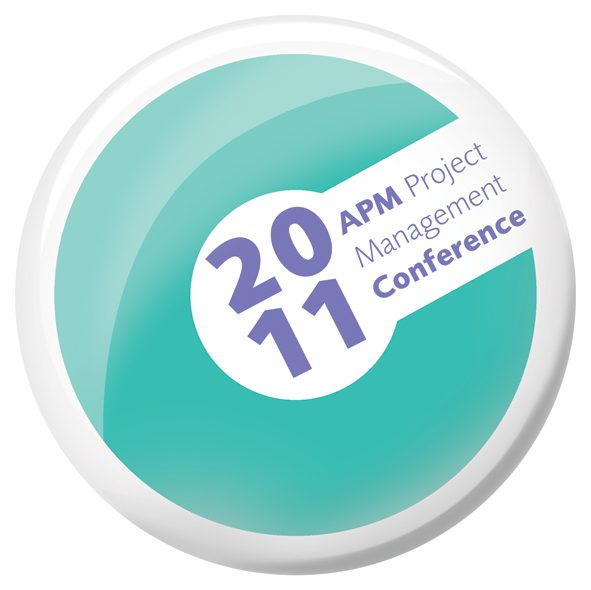The G20 has acknowledged that in order to address hampered and depressed growth in Europe, America, and the developing world, investments should be made in infrastructure projects. They claim that “The lack of infrastructure dramatically hampers the growth potential in many developing countries,” and believe that addressing this challenge without delay is the best way to make a higher global standard of living available. To successfully achieve their goals, the G20 will need strong, successful project management teams in place at every stage of their plan.
Will developing new infrastructure actually result in a boost to economies in the developing world?
The developing world needs to double its food production by the year 2050, and the G20 contends that stable food prices have a positive effect on developing nations’ long-term prosperity. Therefore, the development would need to be primarily in making access to cheap, nutritious, safe food sources and water supplies, as well as in transportation systems that could be used to improve access to food and water supplies for those in developing regions. Global population increases mean the need for food is a critical one, which must be addressed.
Countries such as the UK also have a goal of net zero carbon emissions by 2050. According to the WPI economics consultancy “energy crops” (agricultural crops which can be used for bioenergy) can help deliver crucial negative emissions and also play an important role in supporting jobs, levelling up rural communities, helping nature recover and improving biodiversity.
The G20’s ability to effect positive change for developing countries, as well as low-income areas in the US and Europe, would not just be a badge of honour for the G20. It could also be a template for the way future global crises are handled.
What is the role of a professional project manager in helping the G20’s goals become a reality?
Effective planning and administration of the programs the G20 puts in place will be critical to both their success and how the organization is perceived by the rest of the world. With effective project management, the new infrastructure could both spur local economies and provide long-term stability in food pricing.
In order to effect that change, the G20 will need to involve professional project managers at every level. Not only does the G20’s multi-year plan require a project manager to oversee the coordination and execution of the full project – in other words, delivering better infrastructure and economic relief to the developing world – but each project in each developing nation will also have to be effectively managed as a project, from start to finish. With an eye toward the global nature of the project, the project management teams will be in an exceptional position to take full advantage of the scope and size of the ambitious plan.
Successful planning and management is absolutely required for infrastructure projects of the scale proposed by the G20 nations. It will allow the G20 to maximize available funds – an important act of responsibility in difficult economic times – and improve the chances that the G20’s proposals will provide the boost needed in the economies of developing nations – leading to increased strength in European and American economies.



